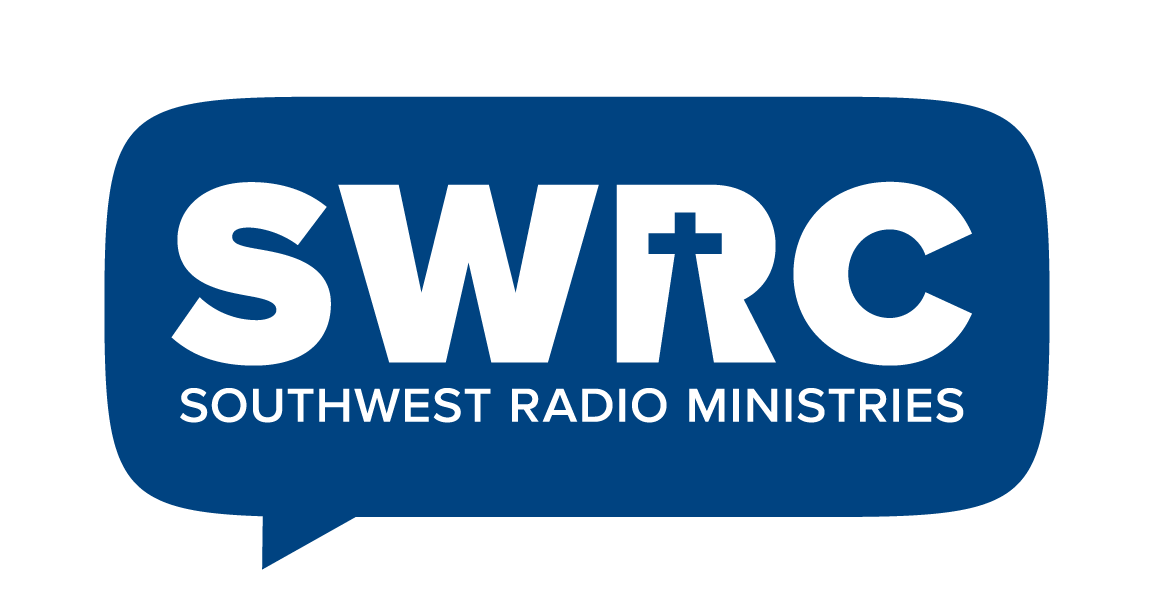Every parent is concerned about the spiritual condition of their child, or children. Scripture tells us to raise our children “in the nurture and admonition of the Lord” (Ephesians 6:4). Is there an age of accountability, an age at which children become responsible before God for their deeds and misdeeds?
I believe there is an age of accountability, though it is hard to define a specific age at which accountability before God begins.
The age of accountability is the age at which a child is old enough to understand the moral consequences of his or her actions, and can, therefore, be held accountable for those actions. James 4:17 states, “Therefore to him that knoweth to do good, and doeth it not, to him it is sin.”
Accountability is dependent on our knowledge of what is right and what is wrong. If a person knows what is good, and what is required of him, and does not do it, that is rebellion against a clear command. That means that a person is rebelling against what he knows to be right. So, yes, there is knowledge required. The Scripture says, “Therefore to him that knoweth to do good. …”
A person who doesn’t know right from wrong because of youthfulness, or because of some mental incapacity, is not held accountable in the sense that a person who does know right from wrong is accountable. If a police officer wrote a speeding ticket for someone traveling 40 miles per hour in a 25 mile per hour zone, that ticket would be in force if the speed limit is posted and is visible to the driver.
Are there verses in the Bible that specifically address the age of accountability for children?
Yes, there are. Isaiah 7:16 gives a promise regarding the destruction of Israel’s enemies, “For before the child shall know to refuse the evil, and choose the good, the land that thou abhorrest shall be forsaken of both her kings.” In this passage there is a double reference: one to Jesus, and the other to the birth of Isaiah’s son Mahershalalhashbaz. The promise is that before Isaiah’s son is old enough to make moral choices, the kings of Syria and Ephraim would meet their doom.
Also, we find an important reference in Deuteronomy 1. In this section of Scripture we are told that Caleb and Joshua were excluded from judgment because of their exemplary faith and obedience. However, in verse 39 we learn that there are others in the camp of the Israelites who will be allowed to enter the Promised Land: “Moreover your little ones, which ye said should be a prey, and your children, which in that day had no knowledge between good and evil, they shall go in thither.”
Children are sinners by nature, even before they know the difference between good and evil. However, people are judged for wicked deeds that have arisen out of a fallen nature. While children under the age of accountability have a fallen nature, they still have not committed “wicked deeds.”
